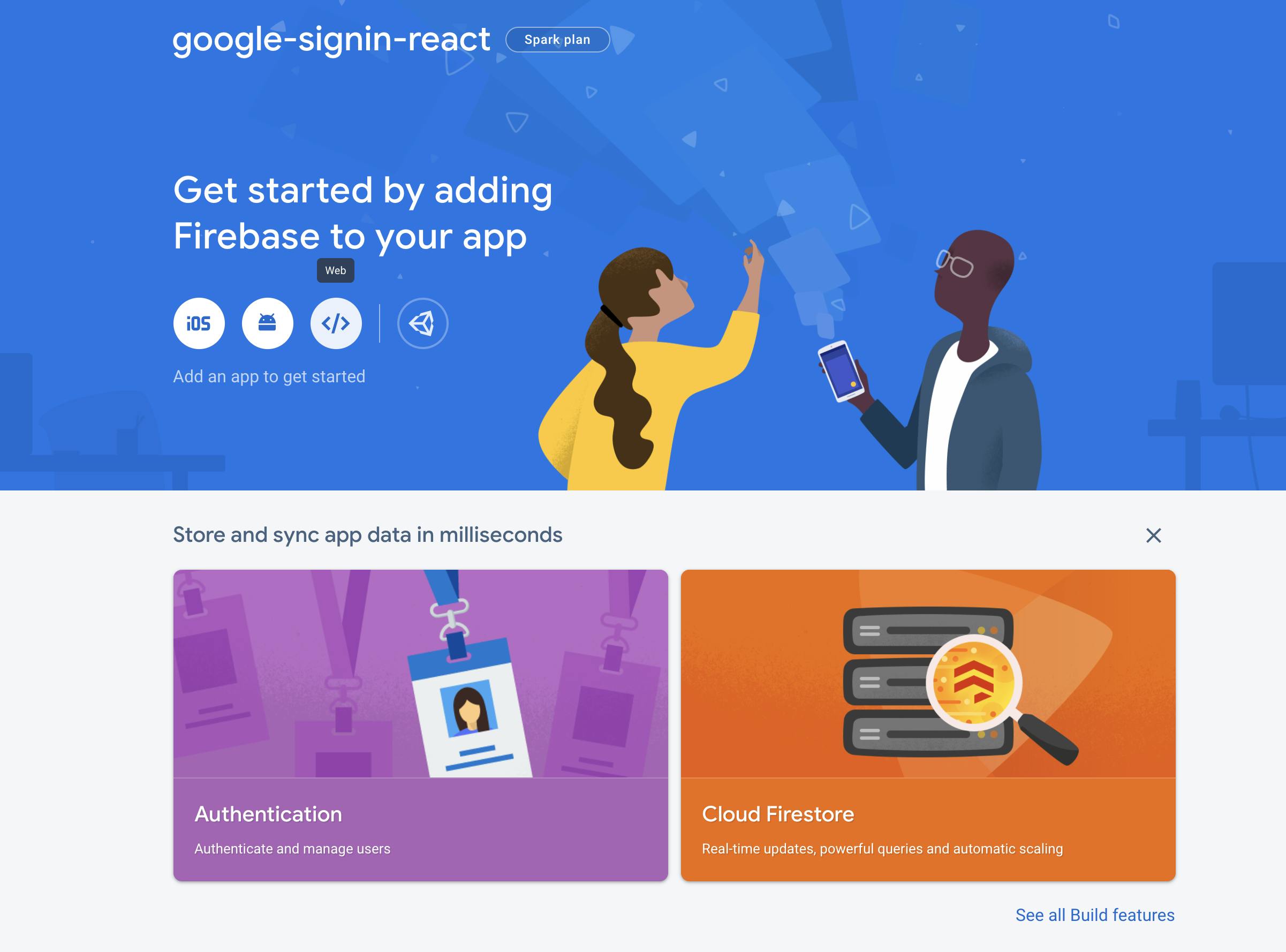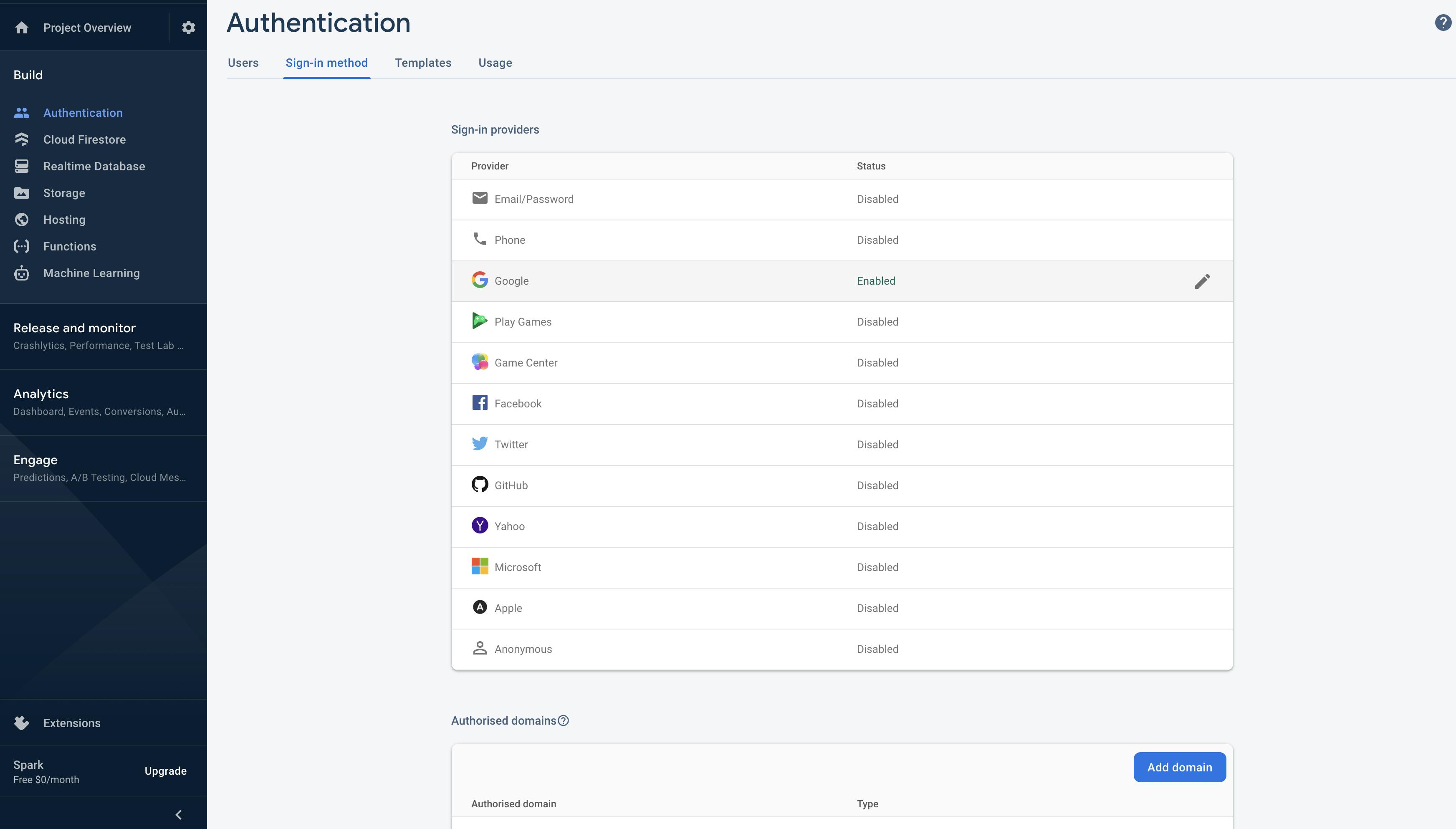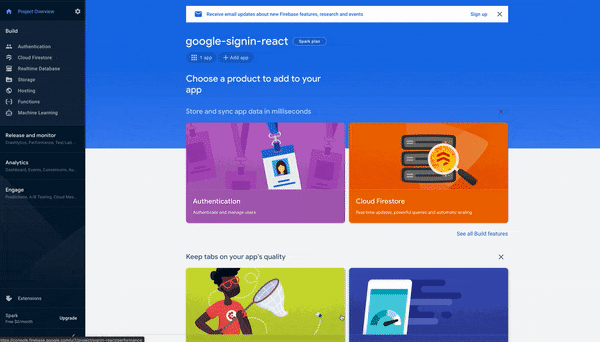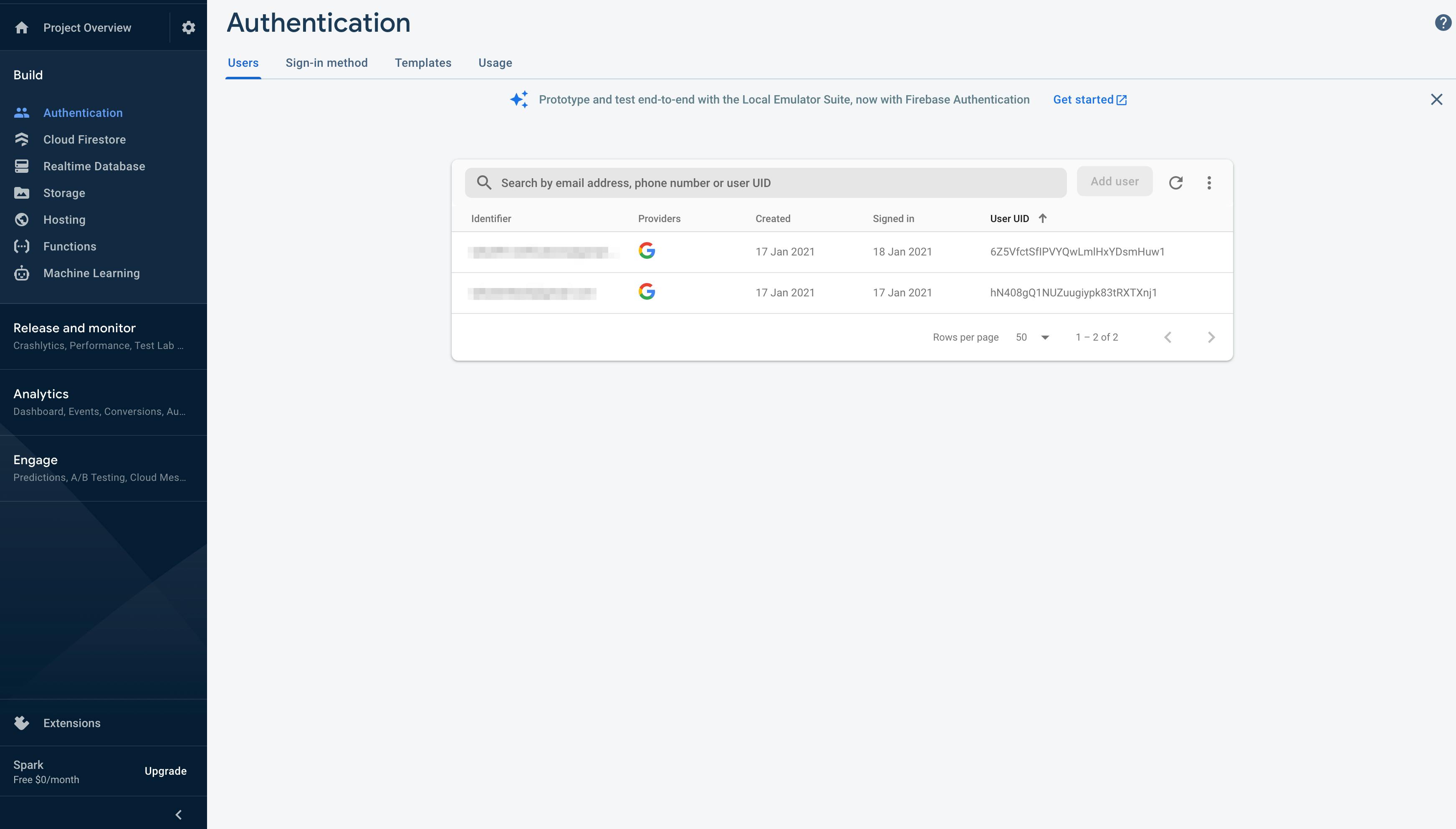Google SignIn is one of the safest ways of handling authentication inside your app. In this blog, I'll show you how you can easily integrate Google SignIn into a React App in 5 Steps.
💻 DEMO

Step 1
-> Adding Heading, Image, and SignIn with Google Button
I have downloaded the illustration from unDraw and added it to the assets folder
// App.js
// Importing the illustration from the assets folder
import { ReactComponent as Login } from "./assets/signin.svg";
import "./App.css";
function App() {
return (
<div className="app">
<h4>SIGNIN</h4>
<Login className="app__loginSvg" />
<button className="app__buttonDiv">
<img className="app__loginImg"
alt="Google sign-in"
src="https://i.ibb.co/qNdyvc7/google.png"
/>
<div>SignIn with Google</div>
</button>
</div>
);
}
export default App;
Step 2
-> Let's add some CSS
.app {
min-height: 100vh;
display: flex;
flex-direction: column;
align-items: center;
font-size: calc(10px + 2vmin);
color: white;
}
.app h4 {
margin-top: 50px;
text-align: center;
color: #282c34;
}
p {
color: #282c34;
}
.app__loginSvg {
margin-top: 100px;
height: 300px;
}
.app__buttonDiv {
margin-top: 100px;
display: flex;
align-items: center;
background-color: #282c34;
color: white;
border-radius: 3px;
padding: 10px;
border: none;
outline: none;
cursor: pointer;
box-shadow: 0 4px 8px 0 rgba(65, 63, 63, 0.2),
0 6px 20px 0 rgba(65, 63, 63, 0.19);
}
.app__loginImg {
margin-right: 10px;
width: 20px;
height: 20px;
}
.app__buttonDiv div {
font-size: 15px;
}
Step 3
-> Create a firebase project
- Goto Firebase and click Add Project
- Give your Project a name click Continue

- Enable/Disable Analytics based on your preference and click Continue
- After the project is created we need an app for the web platform. Click on the Web Icon and give your web app a name and then click on Register App and then Continue to Console

- Go to Authentication Tab and enable Google Sign-in under the Sign-in Method

- Copy the config as shown below and then create a new file firebase.js inside the src folder of your React app and paste the config.

Step 4
-> Add and configure firebase inside the React App
- Install the Firebase SDK
npm install firebase
- Import and configure firebase auth and Google Auth Provider
// firebase.js
import firebase from "firebase";
// Config from firebase console
// PS: This config won't work - Create your own
const firebaseConfig = {
apiKey: "AIzaSyAGA3vzfaRwnztTuZLVm87I-90YsK3vMf8",
authDomain: "react--signin-784bc.firebaseapp.com",
projectId: "react--signin-784bc",
storageBucket: "react--signin-784bc.appspot.com",
messagingSenderId: "325335555788",
appId: "1:325335555788:web:f918254262d0d13ad12c69",
};
// Initilizing firebase
firebase.initializeApp(firebaseConfig);
const auth = firebase.auth();
// Configuring Google Auth Provier
const GoogleSignIn = new firebase.auth.GoogleAuthProvider();
// Exporting firebase authentication and GoogleAuthProvider
export { auth, GoogleSignIn };
Step 5
-> SignIn and SignOut functions - Setting the state to user data when signed in and to null if signed out
// State for storing user data
const [user, setUser] = useState(null);
// Should be called when SignIn with google is clicked
const handleSignIn = () => {
auth
.signInWithPopup(GoogleSignIn)
.then((result) => {
setUser(result.user);
})
.catch((error) => {
alert(`Failed to SignIn : ${error.message}`);
});
};
// Should be called when SignOut is clicked (We are Yet to add that button)
const handleSignOut = () => {
auth.signOut();
setUser(null);
};
Entire App.js
import { auth, GoogleSignIn } from "./firebase";
import { ReactComponent as Login } from "./assets/signin.svg";
import "./App.css";
import { useState } from "react";
function App() {
// State for storing user data
const [user, setUser] = useState(null);
// Should be called when SignIn with google is clicked
const handleSignIn = () => {
auth
.signInWithPopup(GoogleSignIn)
.then((result) => {
setUser(result.user);
})
.catch((error) => {
alert(`Failed to SignIn : ${error.message}`);
});
};
// Should be called when SignOut is clicked
const handleSignOut = () => {
auth.signOut();
setUser(null);
};
return (
<div className="app">
{/* Conditionally rendering JSX based on state - If user is present */}
{!user ? (
<>
<h4>SIGNIN</h4>
<Login className="app__loginSvg" />
<button onClick={handleSignIn} className="app__buttonDiv">
<img
className="app__loginImg"
alt="Google sign-in"
src="https://i.ibb.co/qNdyvc7/google.png"
/>
<div>SignIn with Google</div>
</button>
</>
) : (
<>
<h4>Sign Out</h4>
<p>{`Hello ${user?.displayName} 👋`}</p>
<button className="app__buttonDiv">
<div onClick={handleSignOut}>Sign Out</div>
</button>
</>
)}
</div>
);
}
export default App;
Yup, this is all need to integrate Google SignIn into a React app. All the user's data can be seen in the Authentication tab of the Firebase console.

-> Complete Source Code can be downloaded from my Github Repository
Thank you for reading, I would love to connect with you at Twitter | Instagram.
Do share your valuable suggestions, I appreciate your honest feedback!
You should definitely check out my other Blogs:
PS: By now you might have noticed that I am a React fanboy. Yes, I am. Which technology do you love? Let me know in the comments 💬
See you in my next article, Until then Bye 👋
